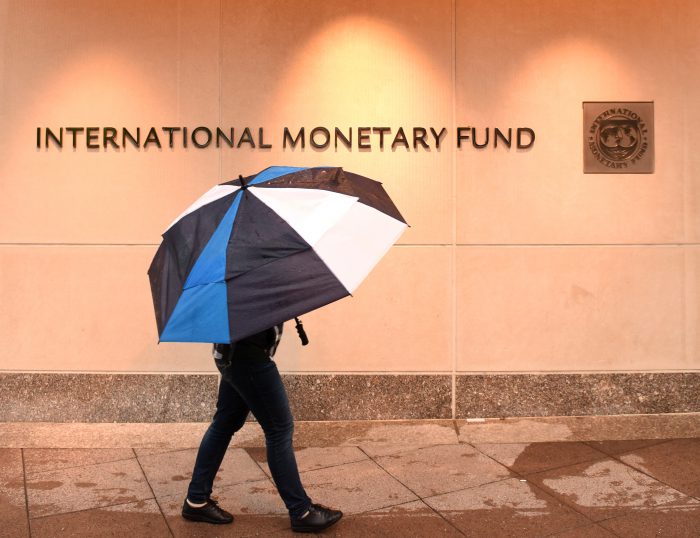As Canada’s federal election approaches, all the major parties are in vote-buying mode. The carrot they’re dangling in front of young homebuyers these days is buying power (more of it).
That’s their “solution” to a problem they can’t quickly fix: high home prices.
But the International Monetary Fund (IMF) is calling them out.
The IMF, which is notorious for its repetitious criticism of Canada’s highly-valued real estate market, is right on this one. It says, “…Well-meaning policies that aim to improve housing affordability by increasing households’ capacity to borrow may unintentionally raise house prices—ultimately resulting in homebuyers having to borrow more and leading to higher household debt.”
Indeed, political proposals like 30-year amortizations, easing the stress test and loosening the First-time Home Buyer Incentive won’t help people get into the housing market for long. After the sugar high of easier credit wears off and home prices adjust upwards, homebuyers will be in the same predicament.
Why? “Because housing supply is fixed in the short term,” the IMF reminds. “So, any increase in households’ ability to borrow will increase demand for housing,” despite supply being relatively fixed in the short term.
What to Do?
“To more sustainably address housing affordability, regional and federal authorities in Canada need to work together to develop and implement a comprehensive housing supply strategy,” the IMF recommends. That means freeing up land for development, incentivizing developers to build affordable housing near transportation hubs, and so on.
While lawmakers are at it, they might want to consider what Japan realized in the 196os. When land values surge, you need a way to deliver commuters from big cities to lower-cost regions fast. And there’s not time to procrastinate. Government moves like an iceberg and that’s a problem. In just 30 years 68% of the world’s population will demand housing in cities, versus 55% today.
Until Ottawa and the most populated provinces stop doing the same thing, they’ll get the same result: hundreds of thousands of new people each year looking for shelter in popular regions without enough homes.

And when mortgage rates hit all-time lows next, we’ll see the same old supply-demand imbalances, but this time they’ll be magnified. “…Lower mortgage rates increase the price-to-income ratio,” the IMF reminds, “…increasing the time required to save for the down payment. Thus, declining interest rates worsen housing affordability…”
From early 2001 through 2017, falling rates “could have added $100,000 to the median house price of $400,000.” And rates probably haven’t finished their long-term downtrend.
Before too long we could be writing about record-low mortgage rates again. They’re not that far away (just 35 bps away for high-ratio 5-year fixed mortgages). The next recession—which could push rates closer to zero—may not be that far away either.
Perhaps we should just wait and see if falling rates do their work. Until then, the best move may be sidestepping demand-fuelling housing measures — for all but the extremely creditworthy. As the IMF notes, “…For such measures to work, the supply of housing would need to be exceptionally (and unrealistically) elastic, even in the short run.” And that’s just not the case today.

 log in
log in
 As Canada’s federal election approaches, all the major parties are in vote-buying mode. The carrot they’re dangling in front of young homebuyers these days is buying power (more of it).
As Canada’s federal election approaches, all the major parties are in vote-buying mode. The carrot they’re dangling in front of young homebuyers these days is buying power (more of it).
3 Comments
Probably one of the few times I agree with an IMF report. All of the housing affordability solutions I’ve heard to date are bandaid solutions that will fuel home prices by making it easier for buyers to take on bigger mortgages. Why haven’t we heard any serious proposals to address the supply issue?
You should add a high ratio option or low ratio option into the filters for this site. I have to click into and out of each offer. I Get excited that I might be able to get a rate only to have my hopes dashed that it’s only available for high ratio mortgages. Cruel and time consuming . For shame
Hi HerculesMonsterJohnson,
It’s already there. The site determines whether it’s high or low ratio based on the Home Value and Mortgage Size that’s entered. It also lets you click a button if it’s a refinance.